The Rise of the 50+ Financial Advisor Entrepreneur
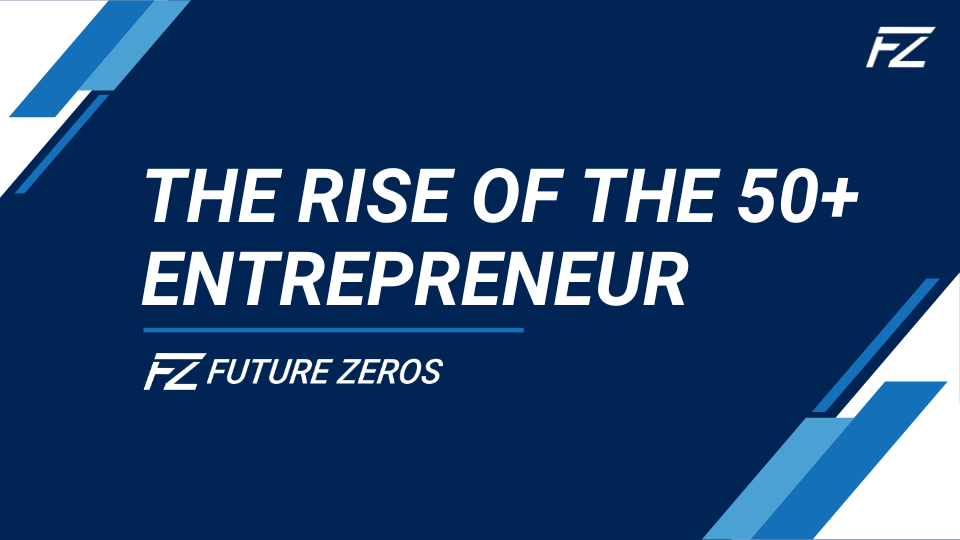
We'll uncover surprising research that shows the fastest-growing market for entrepreneurs is actually those over the age of 50! Discover why older entrepreneurs have a distinct advantage with their experience, connections, and deep industry knowledge. We'll dive into insights and studies that reveal the success rates of entrepreneurs at different ages. Plus, learn the importance of having "gas in the tank" and how to maximize your business's value by selling at the right time.
Here at Future Zeros, we have these discussions because I like to hyper focus in on the most valuable asset in your life - which, if you are a regular here, means you're likely a financial advisor, and it means you likely are running the practice, so you are the business owner. Oftentimes, financial advisors just don't think of themselves that way. They should, but they don't. And I try to kind of drill into everybody's head that you need to run your financial practice as a business - not as a career, not as a job, not as just simply salesmanship. With that being said, it's really interesting that there are some cool studies coming out and some great stats about the successful age of entrepreneurs, and it's much older than you would anticipate.
In the news, especially in the tech sector, there's such a hyper focus on the young entrepreneur, and that's cool - I applaud a young startup. But what they don't account for is the fact that the fastest growing market for entrepreneurs is age 50 to 65. In fact, the Wall Street Journal has an article out there right now, titled "The Investor Betting on People in Their 50s and 60s - Because Older is Better". So there are PE funds and venture capital funds that are specifically going after the age 50 and above entrepreneur because they've identified the higher success rates. It makes a lot of sense, because normally what's happening is these people have made a career in that industry, probably just like you. Maybe you started out on a career path within the financial advisory space, career or captive, if you will. And now you've gone independent, and you've launched your own practice. You've started your own business. You are, in fact, a startup. Or maybe you were a partner or a minority holder in a practice, but now you're running it. Now you're the primary and you are the entrepreneur. Maybe you bought in, maybe you bought out some retiring individuals. Whatever the case might be, it's very, very common that the individuals running a practice today have not necessarily been running the practice their entire career, but they have spent a lengthy career in financial services, and now they're running a practice. And that bodes really well for you, because, as the Wall Street Journal says, the older founders have advantages over the younger. They have connections, they have credibility, they have industry experience, they've seen it all. They have relationships that can take years, if not decades, to cultivate. They can spot opportunities that younger folks miss because they know the rules of their business. They know how to break them, what needs to be broken, and the problems that need to be solved, so they can hyper focus on those encounters and go after those issues and those problems and capitalize on them.
The fact that the fastest growing market for entrepreneurs is age 50 to 65, that's pretty cool. There's also a an interesting study out there. Wall Street Journal referenced it, and it's from the American Economic Review. It's titled "Age and High-Growth Entrepreneurship". I think it was like 60 pages, this study. But they say, "Many observers and many investors believe that younger people are especially likely to produce the most successful new firms. And yet, this group, integrating administrative data on firms/workers/owners, studying startups systematically across the United States to find the successful entrepreneurs". And what they identified is that the successful entrepreneurs are middle aged, not young. The mean age at founding what's called the '1 in 1000 Fastest Growing New Ventures' is age 45. Now, you might recognize that 1 in 1000. At USA Financial, we have made the Inc 5000 list five times. To make it on there once is a 1 in 1000 achievement, to make it on five times is a 1 in 25,000 achievement. That's essentially what they're referring to when they say the '1 in 1000 Fastest Growing New Ventures' were run by those age 45, in terms of the mean. So anyway, it's pretty interesting.
And then finally, I'll leave you with these two graphics:
On the left, this is the age of the entrepreneur. And what you'll see is the arc, the majority of entrepreneurs, are coming in at just under age 40 to about age 55. Then over on the right, you're seeing the probability of successfully selling a company or going public. You can see that the odds continue to go up, and then they maximize out here at age 50 to 65 - that's when people are most successful with those transitions. And the key there is, and I've said this before, making sure you still have gas in the tank. Most people wait way too long. They think that selling their practice is an exit strategy. It is not. It is a wealth strategy. You need to do it at least five years before you want to be done, still having gas in the tank so that you can run and grow this thing if you want to get maximum dollars. If you're simply looking to retire, you want to throw the keys at somebody else and sell the book of business, that's a different kind of transaction. It can be very lucrative, don't get me wrong - we help and assist with people doing this all the time. But, if you truly want to maximize the value of your business, and if you've had customers that you've invested for that have sold the business - they have the first bite of the apple, the second and third bite of the apple - it's those second and third bites that truly drives the majority of wealth for a business owner building an asset and ultimately selling it. The second and third bites are not available if you're selling a book of business. But if you're selling a practice, if you're selling an actual business, we can help you stage and set that up, but you have to do it while you still have gas in the tank.
--
Future Zeros is a series for financial advisors who want to increase the value of their firm today and in the future. Your host, Mike Walters (CEO of USA Financial), digs into the nuances of mergers, acquisitions, and succession within the financial advice industry to help you add “future zeros” to your bottom line. Whether you are nearing an exit, just entering the business, or in the middle of building your practice, the Future Zeros series will provide thoughtful insights into how to grow your practice the right way in order to maximize your future value and minimize the risk associated with doing so.
Author Info
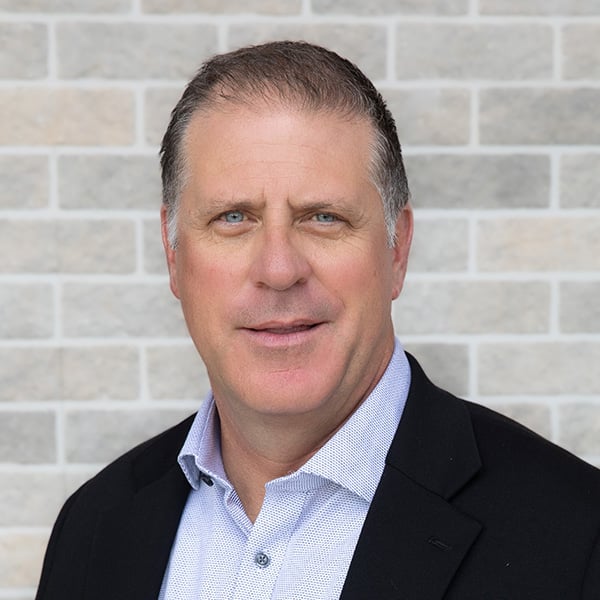
Mike Walters is the Chief Executive Officer (CEO) of USA Financial, leading the firm since its inception in 1988. Mike is committed to...
Related Posts
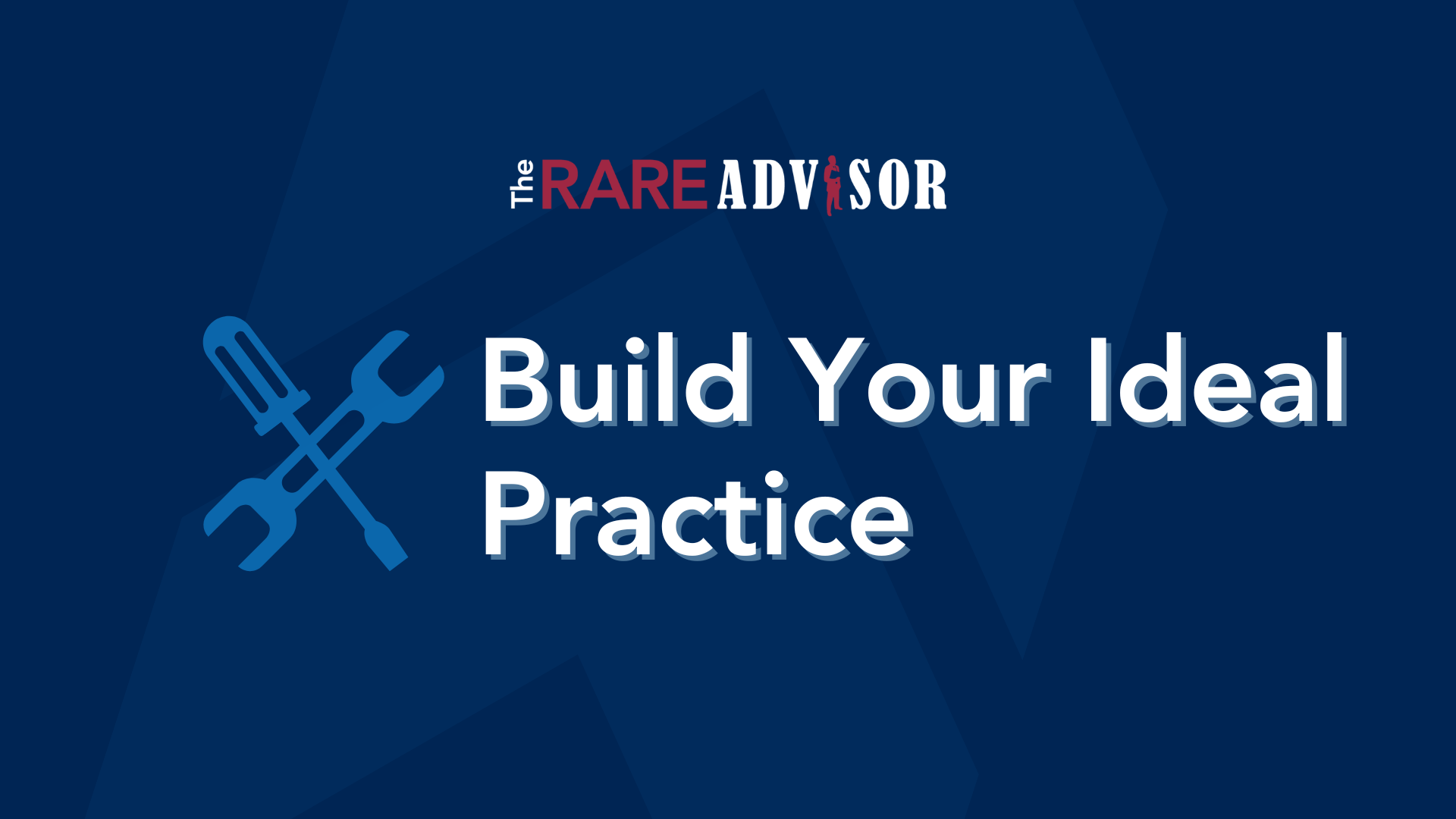
Ideal Life? It Starts with an Ideal Practice
Are you building a financial advisory practice that truly supports your ideal life—or is your business running you? In this episode of The Rare Advisor, host Aaron Grady sits down with Steve Phillips, Chief Practice Management Officer at USA Financial, to explore the four essential pillars of creating your ideal practice: ideal clients, ideal practice size, ideal strategic partners, and ideal affiliations. Whether you're a solo advisor or part of a growing team, this conversation dives into how to align your practice with your long-term goals and values. If you're navigating growth, considering a transition, or simply want more clarity on building a scalable, fulfilling advisory business, this episode is packed with practical insights you don’t want to miss.
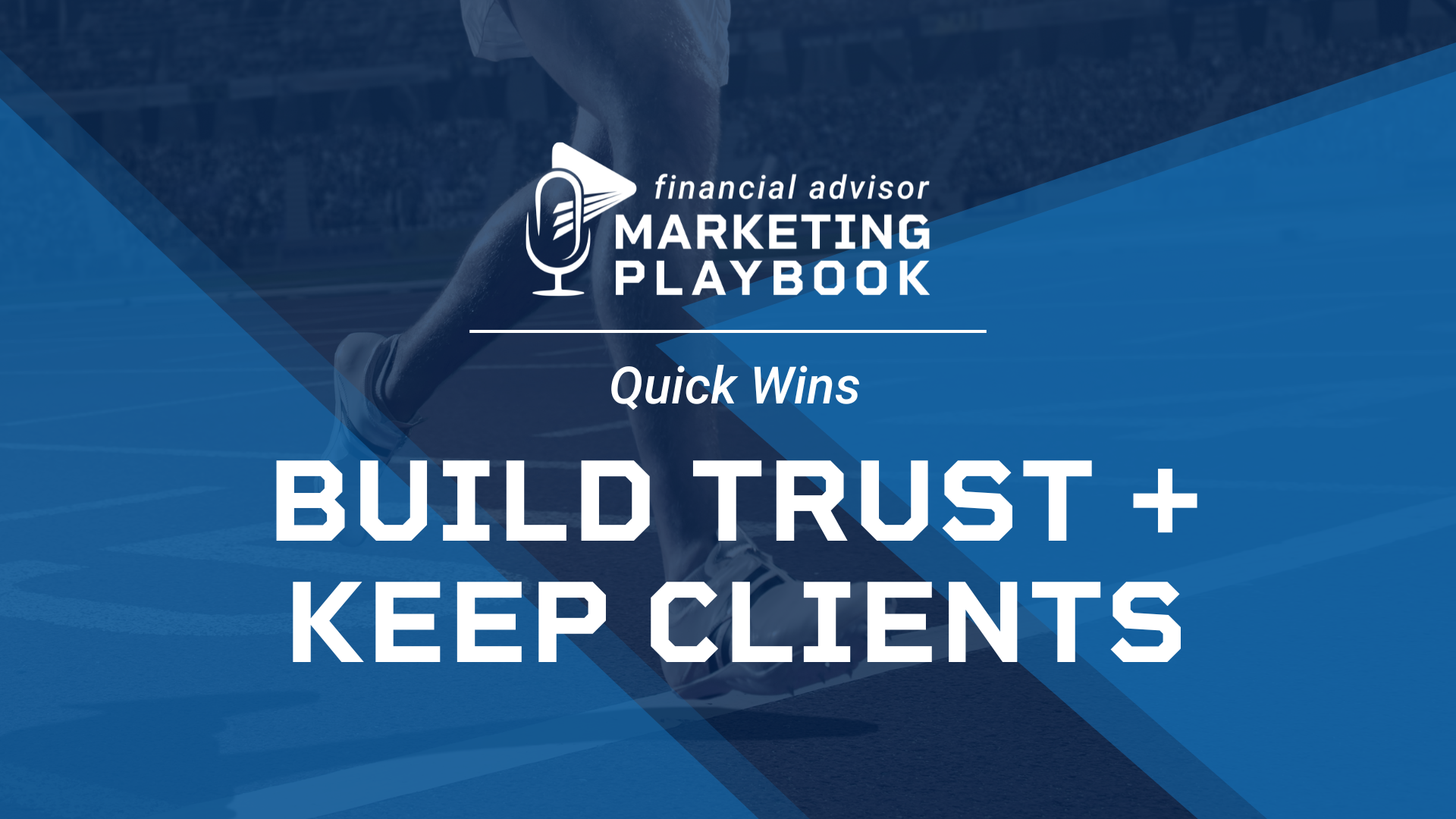
How Financial Advisors Can Build Trust and Keep Clients
In this episode, Mark Mersman shares proven communication strategies for financial advisors to strengthen trust, improve client retention, and increase referrals. You'll discover four things your best clients likely believe—and why most clients leave not because of poor advice, but because of surprises or unclear expectations. Learn how to “future pace” your client relationships, clearly define your value, and proactively guide clients through life’s financial changes. If you're looking to grow your financial advisory practice and build long-lasting relationships, this video is a must-watch.
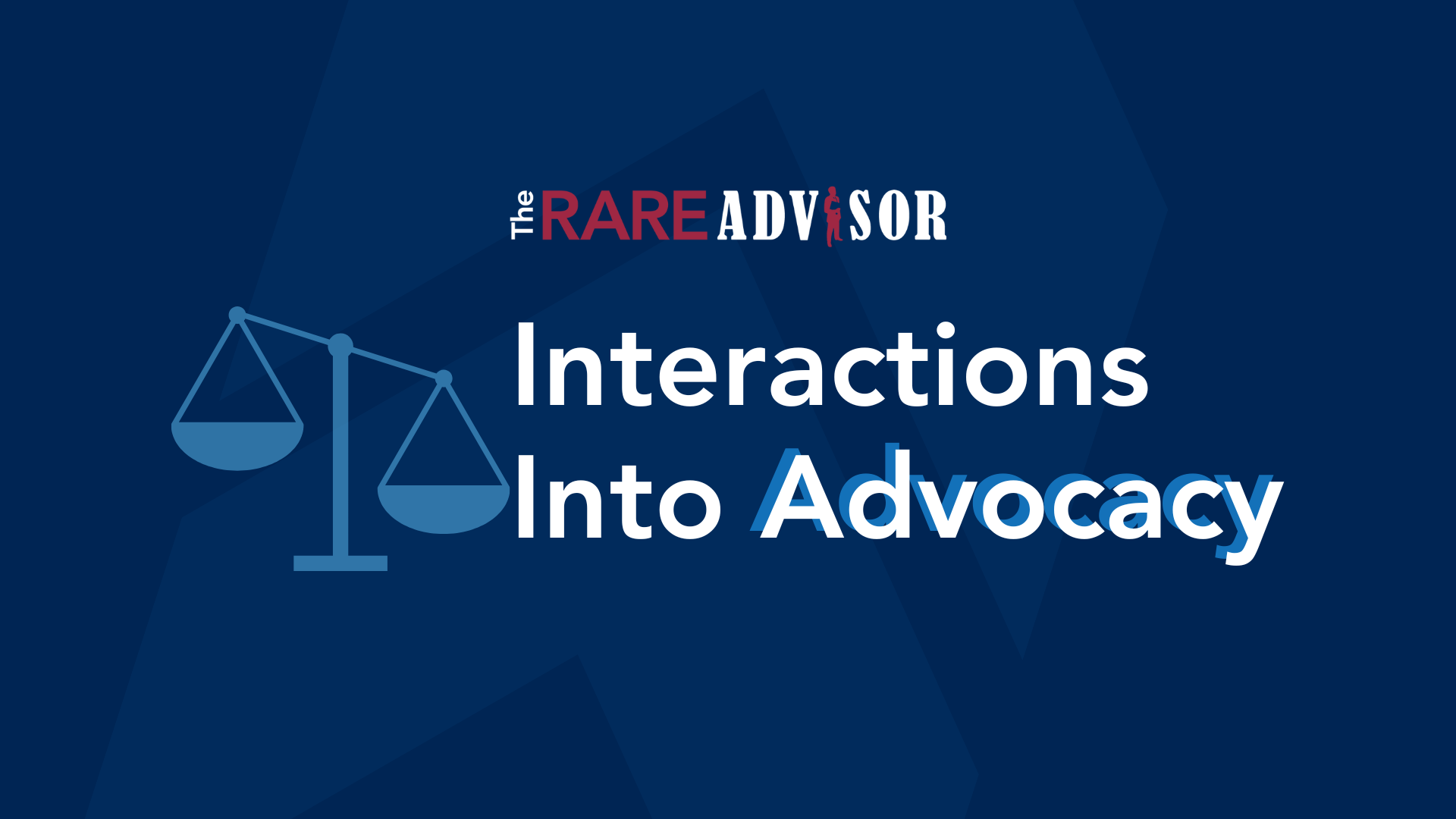
Turning Everyday Interactions Into Advocacy
In this episode Aaron Grady takes a deep dive into the concept of "moments of truth"—those pivotal life and financial events that offer powerful opportunities for advisors to deepen client relationships. Whether planned or unexpected, these moments allow you to go beyond money management and truly show up for your clients as a trusted partner in their life journey.

Ideal Life? It Starts with an Ideal Practice
Are you building a financial advisory practice that truly supports your ideal life—or is your business running you? In this episode of The Rare Advisor, host Aaron Grady sits down with Steve Phillips, Chief Practice Management Officer at USA Financial, to explore the four essential pillars of creating your ideal practice: ideal clients, ideal practice size, ideal strategic partners, and ideal affiliations. Whether you're a solo advisor or part of a growing team, this conversation dives into how to align your practice with your long-term goals and values. If you're navigating growth, considering a transition, or simply want more clarity on building a scalable, fulfilling advisory business, this episode is packed with practical insights you don’t want to miss.

How Financial Advisors Can Build Trust and Keep Clients
In this episode, Mark Mersman shares proven communication strategies for financial advisors to strengthen trust, improve client retention, and increase referrals. You'll discover four things your best clients likely believe—and why most clients leave not because of poor advice, but because of surprises or unclear expectations. Learn how to “future pace” your client relationships, clearly define your value, and proactively guide clients through life’s financial changes. If you're looking to grow your financial advisory practice and build long-lasting relationships, this video is a must-watch.

Turning Everyday Interactions Into Advocacy
In this episode Aaron Grady takes a deep dive into the concept of "moments of truth"—those pivotal life and financial events that offer powerful opportunities for advisors to deepen client relationships. Whether planned or unexpected, these moments allow you to go beyond money management and truly show up for your clients as a trusted partner in their life journey.


